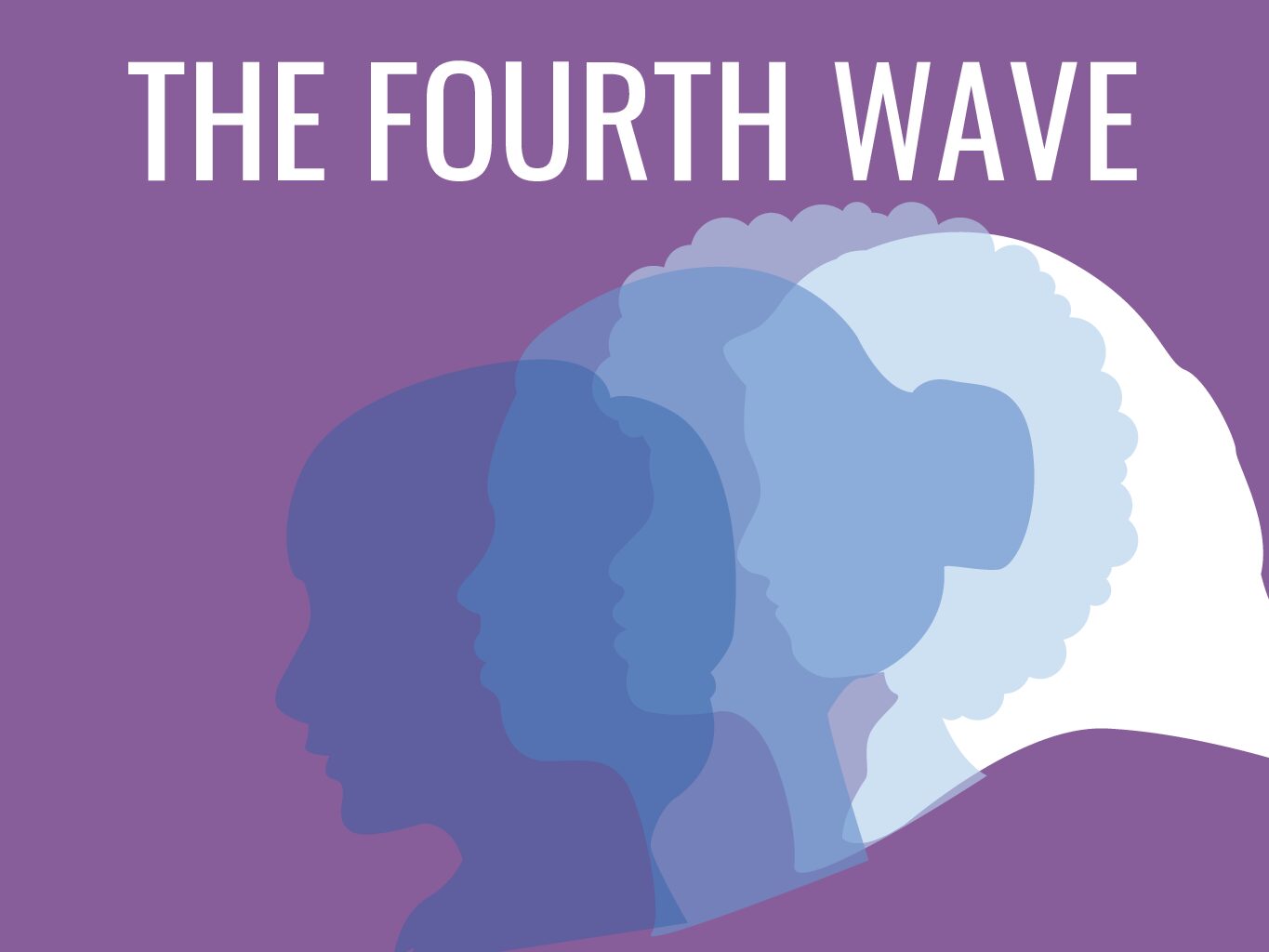This editorial is part of a series called “The Fourth Wave” for Women’s History Month focused on women’s achievements on the St. Thomas campus and the intersectionality of modern feminism.
New York Times bestselling author Colleen Hoover released her new book, “Reminders of Him,” in January this year.
Ultimately, I read it in less than twenty four hours. It was too good to put down. It was not only due to the emotional intensity of the book and the need to immerse myself in the character’s relationships, but also because of its gripping subject material.
The story follows Kenna, a young woman who was just released back into the world after being in prison for involuntary manslaughter of her then boyfriend, Scotty. What Kenna didn’t know was that she was carrying Scotty’s child when died.
After Kenna’s sentencing, she birthed her baby girl months later in prison. She got to spend 20 minutes with her daughter before she was taken from her. “Reminders of Him” is a story of grieving and forgiveness, following Kenna’s fight to earn back lost time with her daughter.
I felt guilty for forgetting about women in prison who have children or have given birth during their sentence. It’s not fair of me to forget about all those women and children dealing with the issues and legal loopholes Kenna went through in “Reminders of Him.”
I took it upon myself to do my own research about what’s being done today about this issue. On Mother’s Day of 2021, 150,000 incarcerated women spent the day locked away from their children. Over half of all women in U.S. prisons are mothers, more than 150,000 children have a parent in jail because they couldn’t afford their bail.
Between 1978 and 2015, the female state prison population grew by 834%, more than twice the rate of the male population in state prisons. A majority of incarcerated women are committed on non-violent crimes like property offenses, drug offenses and public order offenses. Incarcerated women are more often the primary caregiver or single parent to their children than incarcerated men.
Women who are pregnant when sent to jail have to deal with a healthcare system that frequently neglects and abuses patients. The Prison Policy Initiative did a survey in 2021 of the 50 states’ healthcare policies. The survey found that incarceration centers fail to meet even basic standards of care for expectant mothers, like providing screening and treatment for high-risk pregnancies.
Not to mention all the other medical health problems that women face that are completely neglected in the prison system. Eighty-six percent of women in U.S. jail have experienced sexual violence and 77% experienced partner violence. Fifty-three percent have medical issues, like asthma or diabetes, and 32% have serious mental health issues that go uncared for.
What’s even more concerning is that 73% of women exonerated in the past three decades were wrongly convicted of crimes that never even happened in the first place. Forty percent of those female exonerees were wrongly convicted of harming their own children.
The treatment of women in the justice system is beyond what I ever could’ve imagined. If the legal system is wrongly convicting mothers of harming their children, they should investigate their own systems before placing blame on innocent mothers.
In August of 2019, surveillance footage was released of 26-year-old inmate Diana Sanchez trying to alert Denver County Jail deputies that she was in labor. Her pleas were ignored by staff and Sanchez was forced to give birth to her son alone in her cell with no medical aid.
Unfortunately, what happened to Diana Sanchez happens more to women in the prison system than we’d like to think, according to prisonpolicy.org. What’s frightening is that most states lack policies on prenatal care. Under the Constitution’s Eighth Amendment, all U.S. prisons and jails are required to provide prenatal care. However, no detailed standards have been set to actually ensure women are receiving the proper care they need.
Some regulations differ by state, so each state prison has different guidelines surrounding incarcerated women who are pregnant. Many states fail to meet the basic standards. Minnesota, for example, does not prohibit the use of restraints that can be used by prison staff on pregnant women.
While researching, I found an organization called the Women’s Storybook Project. This organization, founded by women, “is a women’s prison program that connects children with their incarcerated mothers through the joy of literature. The primary goal of WSP is to reduce the rate of re-incarceration among incarcerated mothers by strengthening the mother-child connection through literature.”
The program allows mothers to record their voices reading a storybook and that recording is given to the children so they are able to hear their mother’s voices while they are away.
Although it’s heartbreaking, the WSP program is creating solutions to keep the relationship between incarcerated mothers and children alive. That bond is so important and should still be achievable, even if a parent is incarcerated.
With the world in a political pandemic frenzy, topics like incarcerated mothers have been forgotten. The prison system is a whole other situation on its own, but we can’t forget about mothers in the system grieving the separation with their children, whether it be the newborn baby they give birth to behind bars, or the child entering high school.
“Reminders of Him” is a great novel to read to remind ourselves of the struggles incarcerated mothers deal with everyday. It’s a raw emotion that justifies and reminds us all that this situation is real and impacts so many families all over the world.
Macy Berendsen can be reached at macy.berendsen@stthomas.edu.

